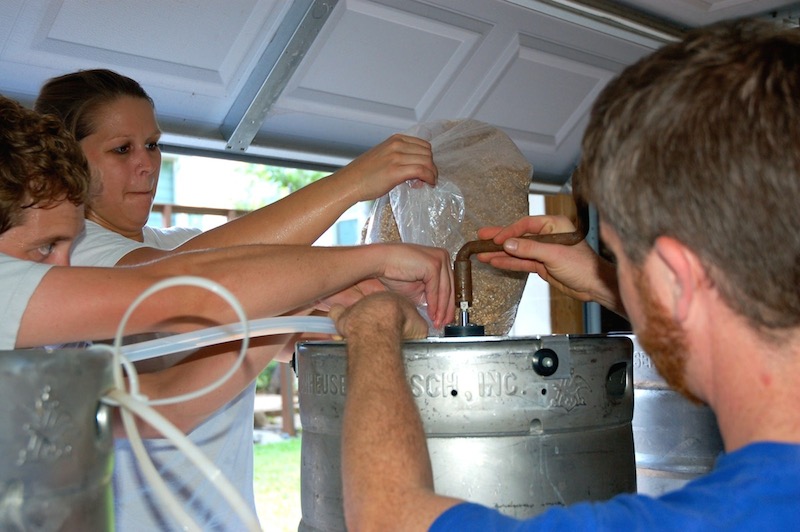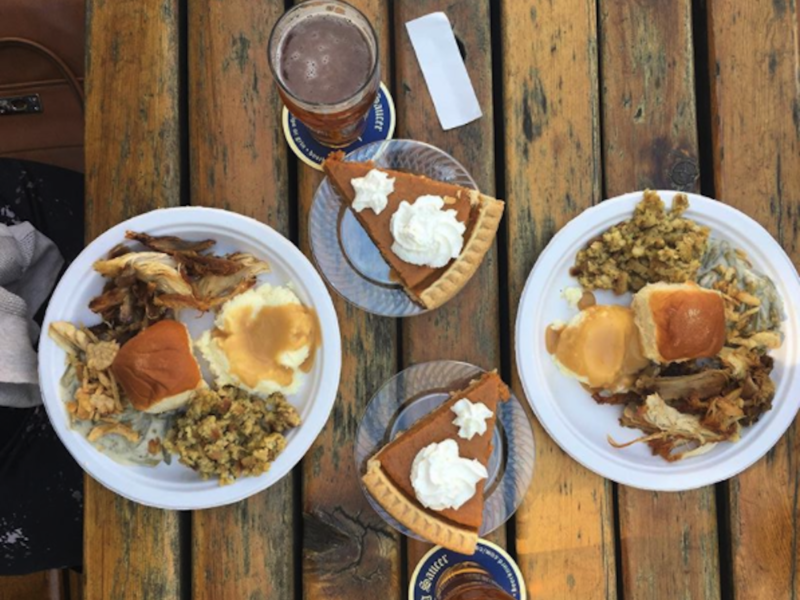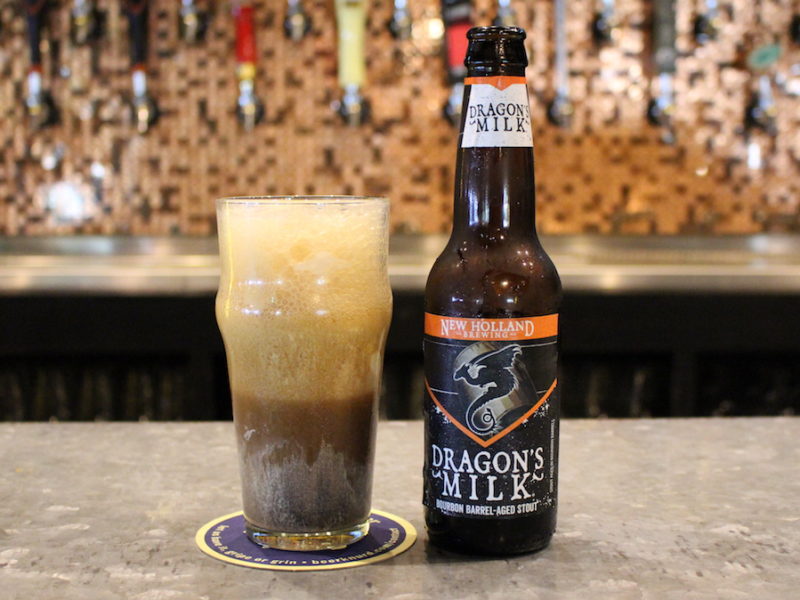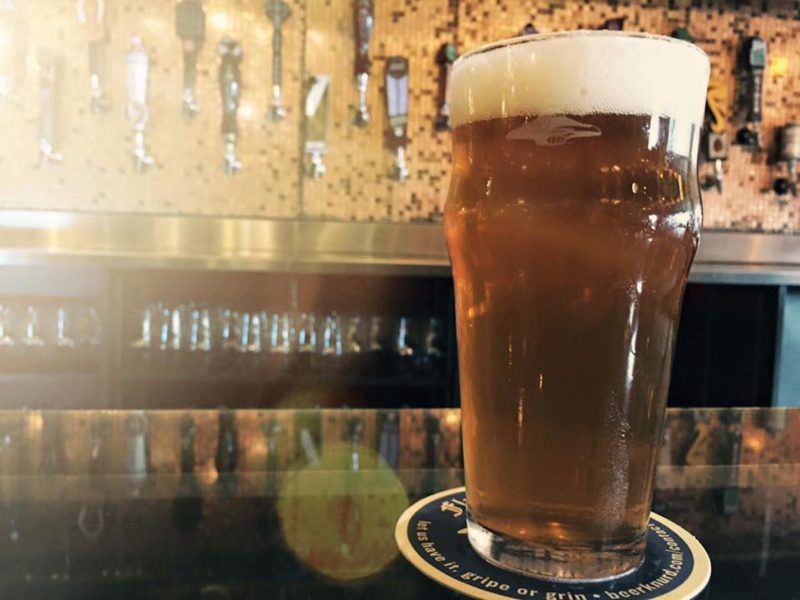If you’d told me five, 10, 20 years ago that I’d have a major hobby that involved beer, math and large quantities of propane, I’d have laughed in your face. But that’s the thing about homebrewing. It has no prerequisites, no age limit, no geographical barriers, no letters of recommendation. All you need is a love for beer (or wine, or cider) and a willingness to learn from your mistakes. OK, maybe some disposable income as well. Because if you think homebrewing is a great way to save money on beer, then get out now.
But if you think homebrewing is a great way to test your palate, make great friends and learn more about beer, then keep reading.
My adventures in homebrewing started with a 3-gallon stainless steel pot and an overconfident swagger earned from visiting an endless string of breweries and thinking, “Surely I can do that, too.” Today, I feel lucky to be part of such a tight-knit community that, at the end of the day, remembers it’s really just about the beer. Here are a few tips for how to start homebrewing.
How to start homebrewing

READ
I know, I know, words can be hard. But, as award-winning Dallas homebrewer Collin Zreet points out, “There’s a lot of free and cheap information out there.” Most people start with The Complete Joy of Homebrewing, written by the godfather of homebrewing himself, Charlie Papazian. This book is full of accessible yet thorough info about everything from ingredients to mash chemistry to fermentation to off-flavors.
START SMALL
Barrel-aged beers and wild sours may be exciting to drink, but you’ll never get there if you can’t brew a simple pilsner. So let go of your ego, and don’t feel like you have to start with all-grain recipes and decoction mashes right away. “Starting with a plastic bucket and an extract kit will help you understand the basics at first,” says Zreet, “and give you an appreciation for new equipment and techniques when you do make the jump.”
Greg Etzel, homebrew consultant and media director for Texas Brewing Inc., recommends pre-made recipe kits, which force you to focus primarily on sanitation and key processes. Homebrew for Heroes Founder Craig Gilbreath agrees, adding that his No. 1 recommendation is learning to control fermentation temperature.
“As most new brewers do (I’m guilty), they simply follow the instructions provided and stick a beer in their pantry to ferment,” he says. “However, the addition of a cheap second-hand kitchen refrigerator and a temperature controller … will significantly improve the quality of the finished product.”
CLEAN
As many pros will tell you, a brewer is really just a glorified janitor. Brewing is 90 percent cleaning, as a perfect recipe can be spoiled by unsanitized equipment. I can’t stress this enough: PBW and Star-San are going to be your new best friends.
SHARE
One of the best things about the homebrewing community is the wealth of knowledge available to you—usually shared over a beer or three. Online forums such as homebrewtalk.com are full of advice on recipe formation, troubleshooting and more. Many cities have homebrew clubs and local homebrew stores (LHBS), which are a helpful resource for getting unbiased feedback on your finished beers. (Unbiased is the key here; your friends may love you and your beer, but only other homebrew nerds will tell you point blank that your Berlinerweisse is suffering from a bad case of butyric acid.) Lastly, don’t be afraid to compete. It can be intimidating to put yourself on the chopping block when you’re just starting out, but BJCP competitions are an invaluable source of feedback.
So there you have it. If I could leave you with one last morsel of wisdom, it would be this: Don’t count yourself out because you don’t fit the mold. Sure, lots of brewers are bearded guys with engineering backgrounds. But I’m a female copywriter who fell in love with both beer and brewing science, and I’ve been embraced by the community. So give it a shot, and don’t forget to relax and have a homebrew.
The above was a first-person account from one our Beerknews contributors, Jenni Hanley. Do you have some insight you’d like to share with the world? Spill it!








